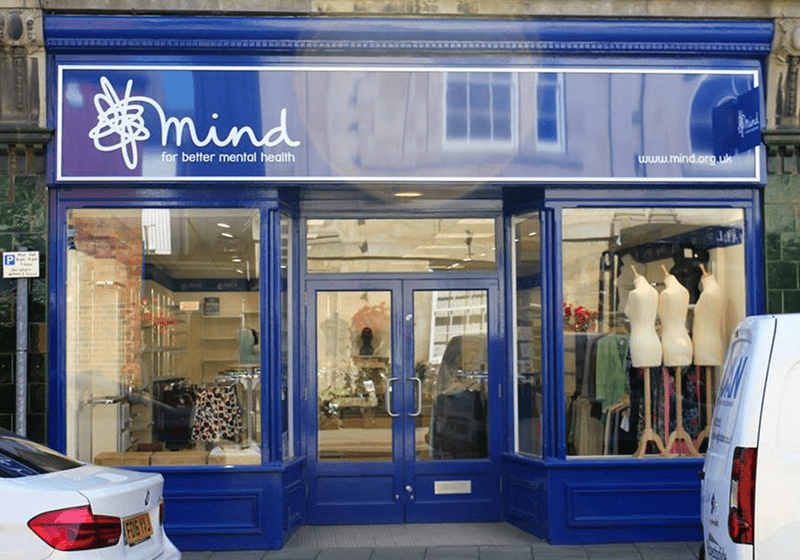Mutual aid groups indispensible part of UK’s Covid response
Mutual aid groups have been an indispensable part of the country’s response to COVID-19, according to research from the New Local Government Network.
Its research suggests that local volunteer groups have directly supported a huge proportion of the millions of people shielding during the pandemic.
During lockdown, mutual aid groups took on tasks such as shopping and medicine delivery as well as offering emotional support to people who were vulnerable and/or shielding. New Local Government Network’s report, Communities vs Coronavirus: The Rise of Mutual Aid, also found that key to the groups’ success was the involvement of working-aged people who were furloughed or had more time in their local areas.
The small size of these groups was also key to their success, found the research. They were able to act more quickly and have a more positive impact than big, government-led schemes like the GoodSam NHS app.
Local authorities also had a key role in supporting these groups by providing funding, coordinating volunteers or providing spaces. However, councils also had the potential to undermine efforts by being too disinterested or too controlling.
The report recommends ways that these groups can continue to support their neighbourhoods and sustain a kinder, more collaborative society after the pandemic is over. This includes introducing flexible working practices to give these people “more time to be better neighbours” as the pandemic eases.
Local government should also play a facilitating role. NLGN recommends. The government should fund this through a dedicated community support financial package, allowing councils to provide a platform for these groups post-Covid.
MP for Devizes Danny Kruger has been asked by Boris Johnson to review how the government can make the most of the Voluntary and Community Sector in the UK’s recovery from the coronavirus pandemic.
In the foreword for the report, he says:
“The essential finding of the crisis, detailed in this report, is that there exists a great reservoir of latent goodwill and community spirit which can translate into actual capability in times of crisis.
“We need a new recognition by national and local government of the latent capability of communities; and an expectation – incentivised and even mandated by policy – that we must make use of this capability. This report provides vital evidence of the opportunity and helps point the way to a better model.”
Simon Kaye, Senior Policy Researcher at NLGN and report co-author, said:
Advertisement
“The public response to the Covid-19 pandemic has been a source of much-needed hope. Thousands of spontaneous, voluntary mutual aid groups have emerged to support the most vulnerable people in our society. In many cases these groups have been able to help people far more rapidly and flexibly than traditional public services.
“The mutual aid phenomenon is a powerful demonstration of the potential for community power in the UK. We now need to focus on how community collaboration can outlast this crisis and make our places more resilient in future.
“For this to happen, lessons must be learnt. National government must resolve to empower localities and give people the free time they need to be better neighbours. Councils, meanwhile, must recognise the crucial role they can play and the make-or-break power they often wield over community groups.”




